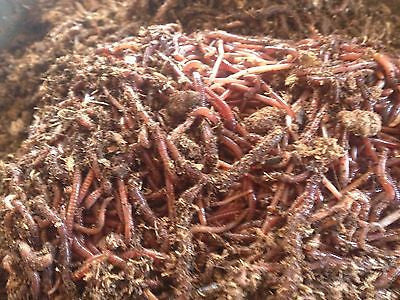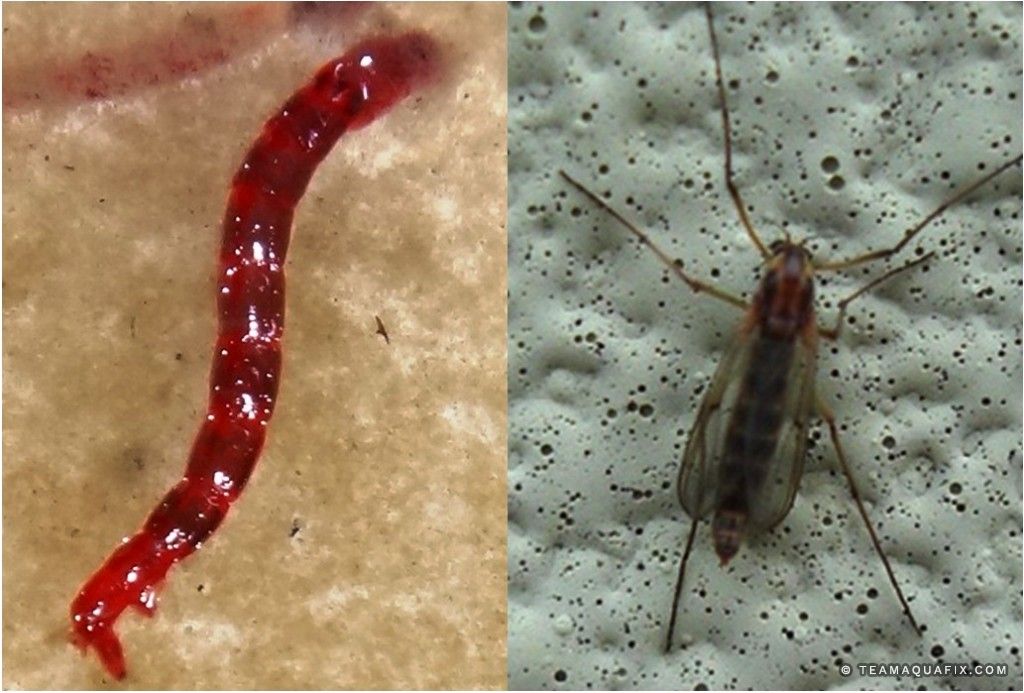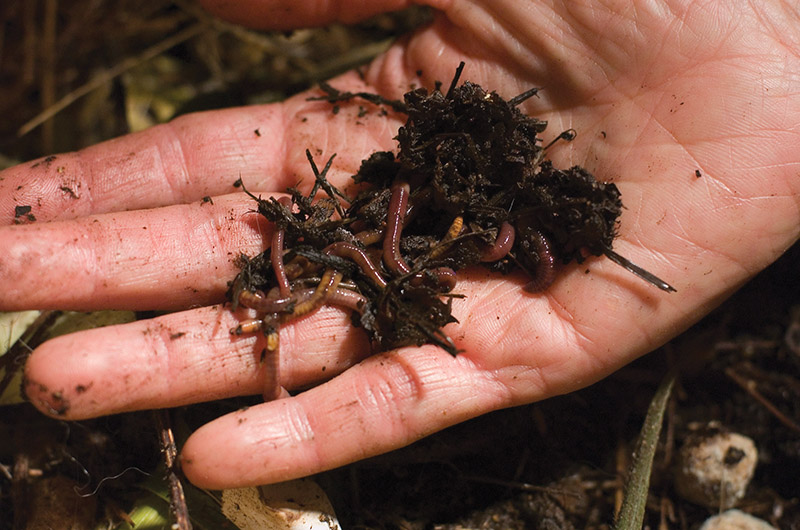Trusted red worms: For compost systems
Trusted red worms: For compost systems
Blog Article
Change Your Garden With Red Wigglers: Advice
Red wigglers are not just a curiosity for garden compost fanatics; they are pivotal representatives of improvement for any yard. By establishing a fundamental worm container and comprehending the nutritional demands of these amazing animals, gardeners can dramatically improve dirt high quality and plant health. The procedure of transforming organic waste right into rich, productive castings is both simple and gratifying. The true possibility of red wigglers goes past plain composting. Checking out the nuances of their care and the varied applications of their results can open even greater benefits for your horticulture ventures.

Advantages of Red Wigglers
Red wigglers, clinically known as Eisenia fetida, are typically hailed as nature's composting champions. These remarkable worms serve numerous key benefits that can dramatically improve garden health and productivity.

Another noteworthy advantage of red wigglers is their ability to decrease waste. By composting organic materials that would certainly or else add to landfill waste, they play a crucial duty in sustainable gardening methods. Integrating these worms into your horticulture routine can lead to boosted yields, healthier plants, and a much more vivid yard setting, making them invaluable allies for gardeners looking for to improve their ecological impact.
Establishing Up a Worm Container
Producing a worm container is a vital step for anybody seeking to harness the advantages of red wigglers in their gardening efforts. An ideal worm container can be made from numerous products, including plastic containers, wooden pet crates, or readily available worm containers. The initial factor to consider is dimension; a bin that is at the very least 2 feet vast, 3 feet long, and 1 foot deep is generally perfect for a tiny to tool number of worms.
Following, make certain proper drain and ventilation. Drill openings in the base for excess moisture to run away and in the sides for air movement. It is essential to produce a bedding layer, utilizing materials such as shredded newspaper, cardboard, or coconut coir to supply a comfy atmosphere for the worms. The bed linen must be wet however not soaked, appearing like a moist sponge.
Place the container in a place that keeps a constant temperature level, preferably between 55 ° F and 77 ° F. Avoid direct sunshine or extreme chilly, as these problems can hurt the worms. When the bin is established up, allow the bedding to opt for a few days before presenting the red wigglers, guaranteeing they have a growing atmosphere in which to thrive.
Feeding Your Red Wigglers
When the worm container is developed and the red wigglers are introduced, correct feeding ends up being key to maintaining a healthy and balanced worm population. Red wigglers flourish on a diverse diet regimen, mainly being composed of kitchen area scraps and organic materials.
When presenting food, slice the scraps right into smaller items to promote quicker consumption. Additionally, bury the food under a layer of bedding material to avoid fruit flies and various other annoyances. Screen the feeding regularity; a general rule is to give food every 1-2 weeks, relying on the variety of worms and the amount of food waste produced.

Gathering Worm Spreadings
How can you inform when it's time to collect worm spreadings from your container? The readiness of worm castings is suggested by a couple of essential indications. The product in the container ought to appear dark, crunchy, and rich in texture, looking like a great dirt. Furthermore, the original food scraps ought to be substantially damaged down or nearly indistinguishable, showing that the worms have actually properly refined them.
An additional indication is the reduction in worm task; as the spreadings build up, worms tend to migrate in the direction of fresher food sources. If you see a decline in worm movement and the existence of castings at the bottom of the bin, it's a clear signal that harvesting schedules.
To gather, gently dig the castings, making sure to minimize disruption to the worms. A popular method entails separating the spreadings making use of light; worms have a tendency to burrow away from the light, allowing you to accumulate the spreadings more quickly.
Collecting routinely, approximately every three to six months, ensures a continuous supply of this nutrient-rich modification for your horticulture undertakings. Keep in mind, the quality of your spreadings directly influences the wellness of your plants.
Utilizing Spreadings in Your Garden
(red wiggler composting worms)Making use of worm castings in your garden can substantially enhance soil wellness and plant growth - red worms. These nutrient-rich natural fertilizers supply essential macro and micronutrients, boosting the overall fertility of your dirt. By integrating worm spreadings right into your yard beds, you can advertise advantageous microbial task, which assists in vitamins and mineral schedule and boosts soil structure
To utilize worm castings properly, blend them right into the top couple of inches of dirt before planting. This makes sure that nutrients are conveniently available to your plants. You can develop a nutrient-dense fluid plant food by soaking worm castings in water for a week, then using the resulting "worm tea" straight to your plants. This technique not just gives prompt nutrients but additionally encourages healthy and balanced origin advancement.
Worm castings also enhance dampness retention within the soil, lowering the need for frequent watering. On a visit our website regular basis integrating worm castings into your gardening regimen can lead to robust plant development, raised returns, and a general healthier garden ecological community.
Conclusion
By establishing a worm container, giving appropriate food, and routinely collecting nutrient-rich spreadings, garden enthusiasts can cultivate a lasting environment. The use of worm spreadings and "worm tea" even more contributes to moisture retention and nutrient accessibility in the dirt.
Report this page